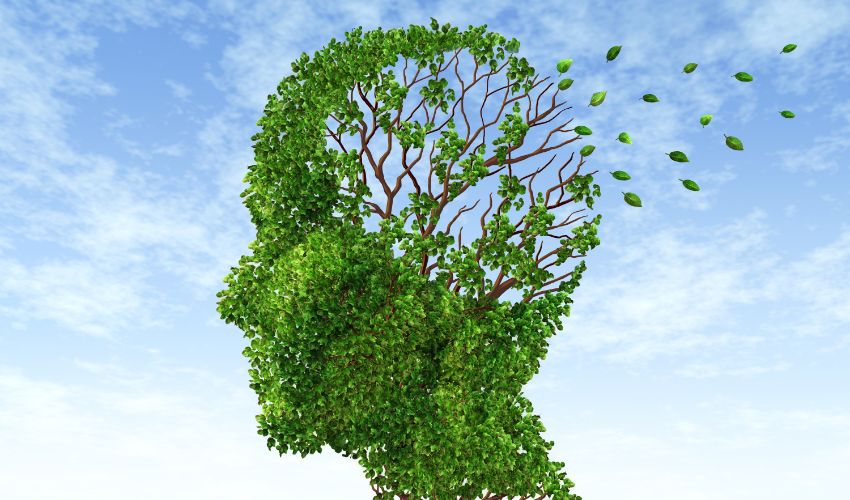Memory is an essential cognitive function that plays a vital role in our daily lives. It helps us recall past experiences, learn new things, and make decisions based on past experiences. However, as we age, our memory function can decline, leading to memory loss. Memory loss can be frustrating, especially when it starts to impact our daily lives. This article explores the causes, prevention, and management of memory loss.
Causes of Memory Loss:
- Age-related Memory Loss: As we age, the structure and function of our brain undergo changes, leading to age-related memory loss.
- Alzheimer’s Disease: Alzheimer’s disease is a type of dementia that affects memory, thinking, and behavior. It is the most common cause of memory loss in older adults.
- Stroke: Stroke can cause damage to the brain, leading to memory loss.
- Head Injury: Head injury can also lead to memory loss.
- Medications: Certain medications can cause memory loss as a side effect.
Prevention of Memory Loss:
- Exercise: Regular exercise can help improve blood flow to the brain and promote the growth of new brain cells, which can help prevent memory loss.
- Healthy Diet: A healthy diet rich in fruits, vegetables, whole grains, and lean proteins can help protect the brain from age-related decline.
- Mental Stimulation: Mental stimulation, such as playing games, learning new skills, and solving puzzles, can help keep the brain active and prevent memory loss.
- Adequate Sleep: Adequate sleep is crucial for the brain to function properly, and getting enough sleep can help prevent memory loss.
- Socialization: Socialization with friends and family can help keep the brain active and prevent memory loss.
Management of Memory Loss:
- Cognitive Behavioral Therapy: Cognitive behavioral therapy can help individuals with memory loss cope with their condition by teaching them strategies to improve their memory.
- Memory Aids: Memory aids, such as calendars, to-do lists, and reminder apps, can help individuals with memory loss stay organized and remember important information.
- Medications: Medications, such as cholinesterase inhibitors and memantine, can help improve memory function in individuals with Alzheimer’s disease.
- Memory Training Programs: Memory training programs can help individuals with memory loss improve their memory through memory exercises and other techniques.
- Support Groups: Support groups can provide individuals with memory loss and their families with emotional support and helpful tips for coping with memory loss.

FAQs:
Can stress cause memory loss?
Yes, stress can cause memory loss. Chronic stress can lead to a decline in brain function, including memory function.
Can smoking cause memory loss?
Yes, smoking can cause memory loss. Smoking can damage blood vessels, leading to reduced blood flow to the brain, which can impact memory function.
Can alcohol cause memory loss?
Yes, alcohol can cause memory loss. Heavy alcohol consumption can lead to brain damage, which can impact memory function.
Can memory loss be reversed?
It depends on the cause of the memory loss. In some cases, memory loss can be reversed or improved with the right treatment and lifestyle changes.

When should I see a doctor for memory loss?
You should see a doctor if you are experiencing significant memory loss or if your memory loss is impacting your daily life.
Conclusion:
Memory loss is a common problem faced by many individuals, especially as they age. However, with the right prevention and management strategies, memory loss can be managed effectively. Maintaining a healthy lifestyle, including regular exercise, a healthy diet, mental stimulation, and adequate sleep, can help prevent memory loss. For those who are already experiencing memory loss, there are various management strategies available, such as cognitive behavioral therapy, memory aids, medications, memory training programs, and support groups. If you are experiencing significant memory loss or if your memory loss is impacting your daily life, it is important to seek medical attention to determine the cause and explore treatment options. By understanding the causes and prevention strategies for memory loss, we can take steps to maintain and improve our cognitive function and overall quality of life.






















